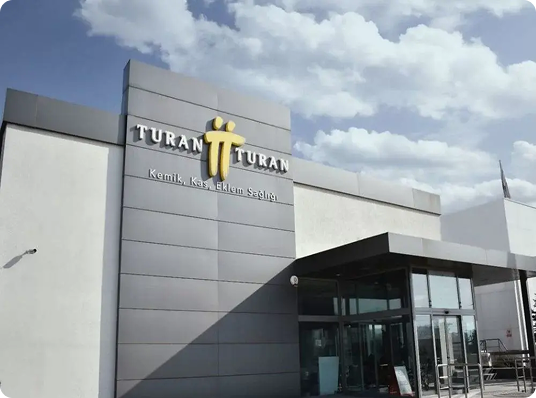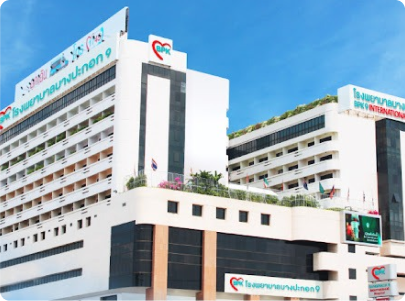Colorectal Cancer
Colorectal Cancer care requires a multidisciplinary approach where oncologists, radiologists, and surgeons collaborate to provide individualized therapies. Options include surgical removal, radiation, chemotherapy, and newer biological treatments that focus on specific genetic markers.
Get Expert Consultation
Speak with our medical travel experts to get personalized guidance for your procedure
✓ No commitment required • ✓ Expert guidance • ✓ Free consultation

Book Your Free Medical Consultation
Get expert advice—free and easy. Just fill out the form to start your health journey!
Key-Insights for
Colorectal Cancer
Procedure Time
Several hours for diagnostic procedures, several weeks for treatment
Recovery Period
Varies depending on the extent of the procedure, but generally a few days to a week
Expected Results
Removal of cancerous tissue and prevention of further growth
Ideal Candidates
Individuals with symptoms such as blood in stool, abdominal pain, or changes in bowel movements
Colorectal Cancer
Colorectal Cancer care requires a multidisciplinary approach where oncologists, radiologists, and surgeons collaborate to provide individualized therapies. Options include surgical removal, radiation, chemotherapy, and newer biological treatments that focus on specific genetic markers.

People seek these procedures for various reasons:
Aesthetic Enhancement
Reduce risk of complications from untreated cancer
Corrective Purposes
Improve overall quality of life through effective treatment
Functional Restoration
Increase chances of long-term survival
Things to Check Before Treatment
- •Discuss any medications you're taking with your doctor and ask about discontinuing them before the procedure
- •Let your doctor know if you have a history of bleeding disorders or take anticoagulant medications
- •Confirm that you understand the risks and benefits of the procedure, as well as any alternative treatments
- •Check that you have a responsible adult to escort you home after the procedure
- •Make sure you have all necessary travel documents for traveling abroad
Potential Risks
- •Infection, including surgical site infections and urinary tract infections
- •Bowel obstruction or perforation
- •Bladder injury or damage to surrounding organs
- •Blood clots or deep vein thrombosis
- •Anesthesia complications, such as allergic reactions or respiratory depression
How to Choose the Right Country, Clinic, and Surgeon
Do's
Verify surgeon credentials (e.g. ISAPS, JPRAS)
Ask for before-after photos
Check language barriers
Review aftercare and follow-up options
Consider local laws on medical malpractice
Don'ts
Don't Choose a Clinic Based Only on Price
Don't Rely Solely on Social Media or Influencers
Don't Ignore Language Barriers
Don't Rush Into Surgery Without Research
Don't Assume You Can Fly Back Immediately
CureMeAbroad Services Are Absolutely Free.
You pay same rates for treatments as in the hospital's original price list.
CureMeAbroad Services Are Absolutely Free.
You pay same rates for treatments as in the hospital's original price list.


Book Your Free Medical Consultation
Get expert advice—free and easy. Just fill out the form to start your health journey!
Colorectal Cancer
Frequently Asked Questions
This procedure involves specific medical techniques tailored to address particular health conditions. Your doctor will explain the detailed process based on your case.

Help Me Plan My Treatment Abroad
End to End Treatment Planning Specifically curated as per your need. Just a Call away


Help Me Plan My Treatment Abroad
End to End Treatment Planning Specifically curated as per your need. Just a Call away


Book Your Free Medical Consultation
Get expert advice—free and easy. Just fill out the form to start your health journey!



